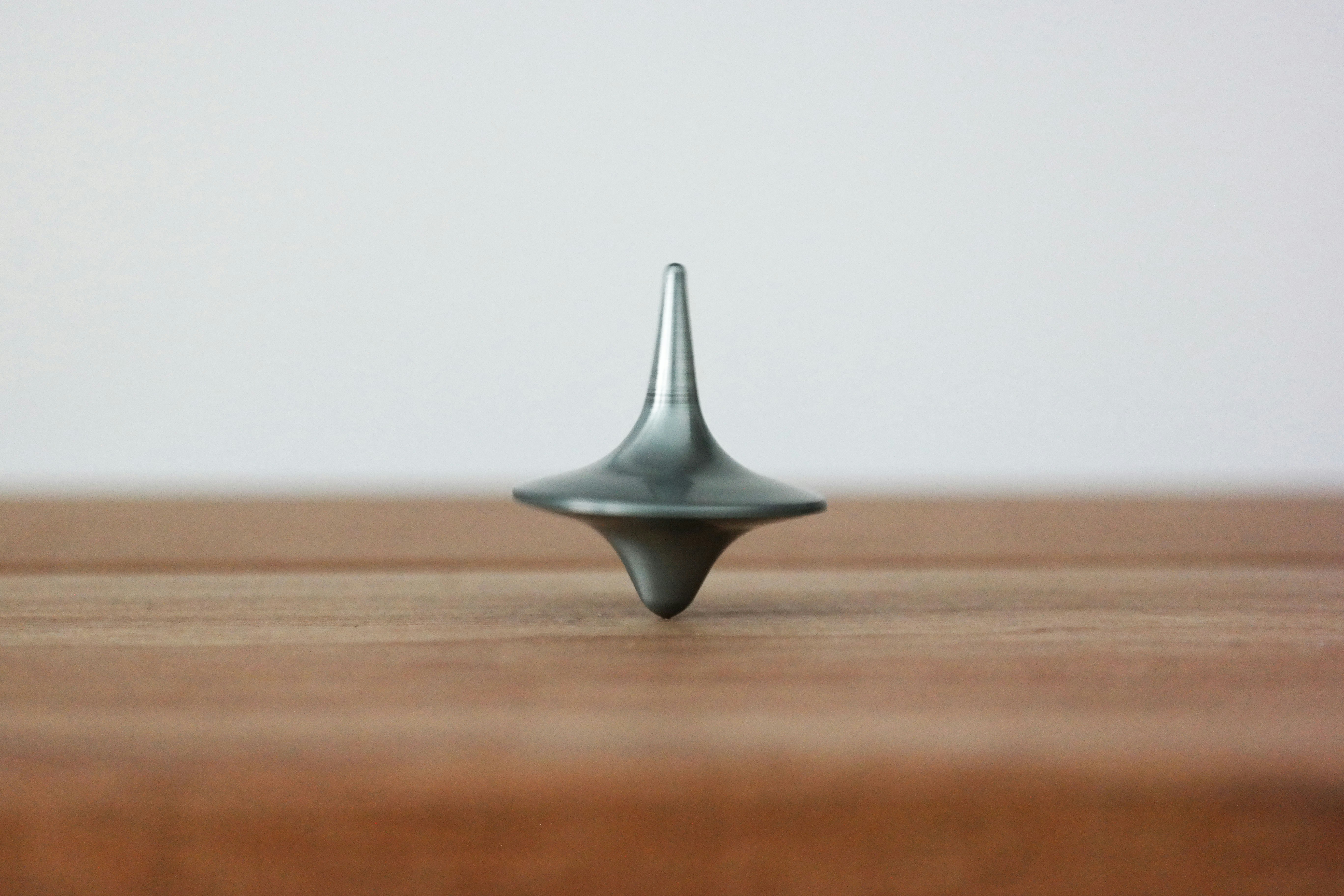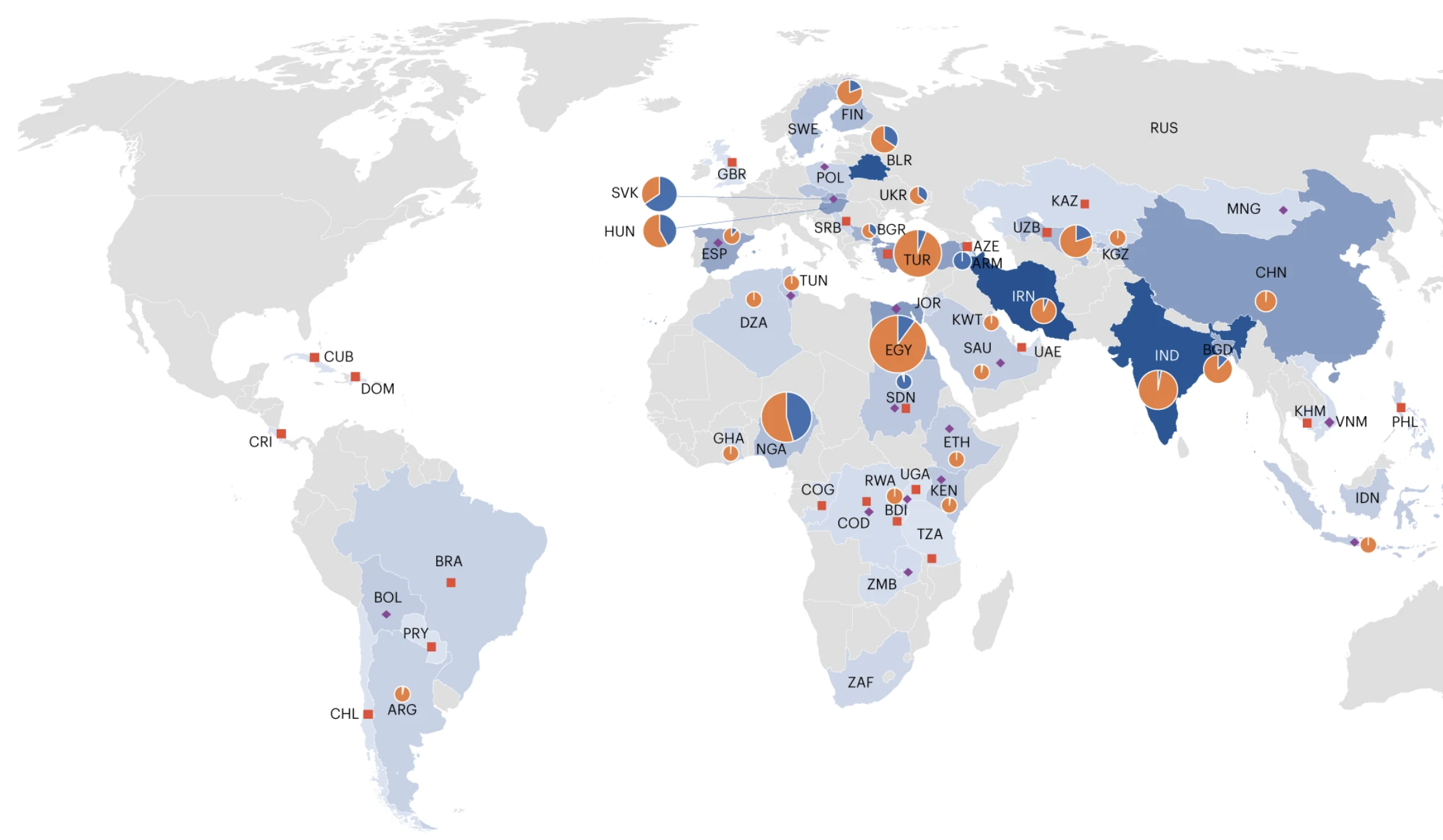

Professional Mining Analysis, News & Education related to Germany.
The history of mining in Germany dates back to the Bronze Age, where copper and tin were the first metals to be mined. The development of the mining industry in Germany can be traced back to the Middle Ages when silver mining became popular. Over the centuries, Germany has become famous for its vast mineral deposits, including coal, copper, gold, iron, lead, and zinc, among others.
In the 19th century, Germany emerged as one of the world's leading mining nations, with its mining industry becoming the backbone of its economy. The discovery of large coal reserves in the Ruhr valley and the Rhineland regions in the 1850s led to the establishment of many coal mines, which fueled the growth of industries such as steel production, chemicals, and machinery. While the mining industry experienced a decline after World War II, the country remains the largest producer of lignite coal in the world and is one of the significant producers of copper, lead, and zinc.

Natural Resources Investing, Explained
Enrol in our comprehensive FREE course that will equip you with the knowledge and tools to navigate the world of natural resource mining and assess mining companies for potential investments.










